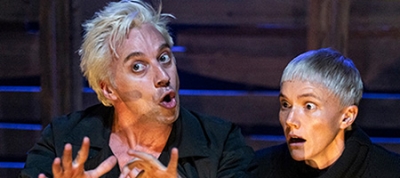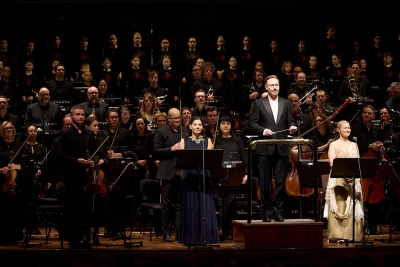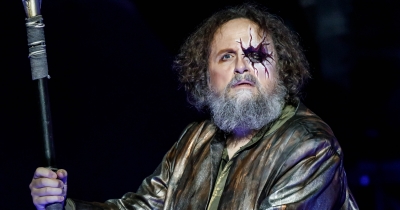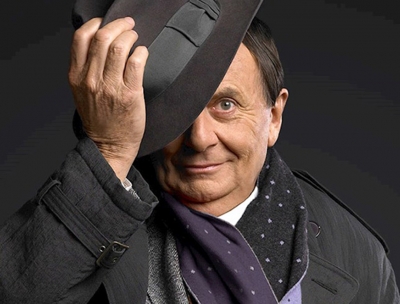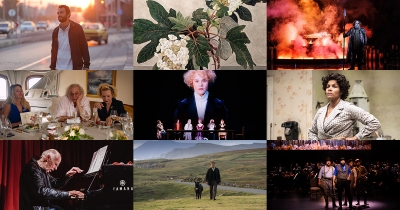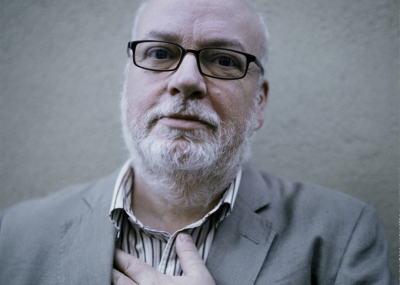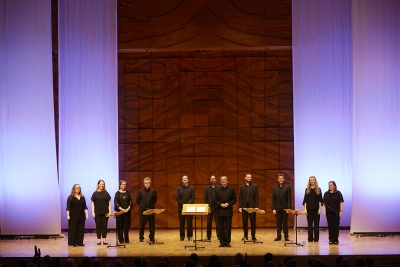Peter Tregear
Kaddish: A Holocaust Memorial Concert
To celebrate the year’s memorable plays, films, television, music, operas, dance, and exhibitions, we invited a number of arts professionals and critics to nominate their favourites.
... (read more)To celebrate the year’s memorable plays, films, television, music, operas, dance, and exhibitions, we invited a number of arts professionals and critics to nominate their favourites.
... (read more)After a welcome return to something approaching a pre-Covid normal season of training camps and concerts, the Australian Youth Orchestra has finished the year with a grand public concert at the Melbourne Town Hall.
... (read more)Two sold-out concerts in the Melbourne Recital Centre by the London-based vocal ensemble The Tallis Scholars will be music to the ears of Australia classical music promoters. Audience numbers may be returning to something close to pre-Covid levels. In this case, however, I suspect the box-office success also reflects the peculiar drawing power of The Tallis Scholars themselves.
... (read more)Sadly, stage productions of Benjamin Britten and Montagu Slater’s opera Peter Grimes are now few and far between in Australia, notwithstanding the fact that the work’s exploration of psychological distress and social ostracisation has lost none of its currency. Britten’s score, while incorporating significant modernist musical elements, also remains both accessible and attractive. And Australia can also boast of having produced two of the finest exponents of the title role in Ronald Dowd and Stuart Skelton (who sang the role in the Sydney Symphony Orchestra’s concert version in 2019).
... (read more)Despite being one of the most successful and influential operas of all time, Ernst Krenek’s Jonny spielt auf (1926) is now something of a stage novelty. We are inclined to assume, perhaps, that the operatic genre it spawned, the Zeitoper, contained the seeds of its own obsolescence. As a new production at the Gärtnerplatztheater in Munich demonstrates, however, the work retains a capacity to shock and inform, as well as to entertain.
... (read more)
